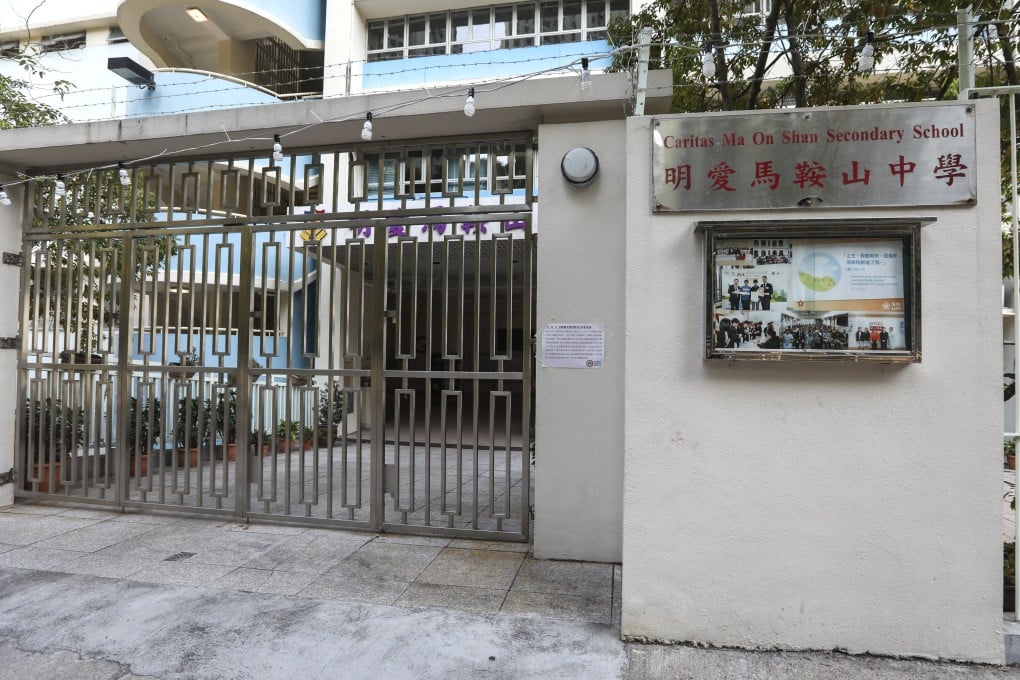Hong Kong student gets six months’ hard labour after being found guilty on explosives charge
- Lai Man-kwong sent to Shai Tsui Correctional Institution after judge accepts prison service recommendation
- Lai had claimed the triacetone triperoxide was to be used in experiments with friends, a defence the judge dismissed

A Hong Kong student has been sentenced to up to six months of hard labour for bringing explosives to school nearly two years ago, when the city was rocked by months of anti-government protests.
Lai Man-kwong, 20, was sent to the Sha Tsui Correctional Institution on Lantau Island on Friday for keeping small traces of triacetone triperoxide (TATP) at Caritas Ma On Shan Secondary School on November 27, 2019.
Passing sentence at the District Court, Judge Anthony Kwok Kai-on said a period of detention in the correctional facility was enough to deter Lai from committing further offences, noting he had previously spent four months in custody awaiting trial.
While stressing that possessing explosives for the purpose of demonstration was a serious crime that warranted imprisonment, Kwok said the illegal substance in question was unused, and there was no suggestion Lai had taken part in a riot or unlawful assembly.
The judge accepted the Correctional Services Department’s recommendation for a detention centre order and sentenced him to hard labour, meaning Lai will be able to attend university in Taiwan next September.